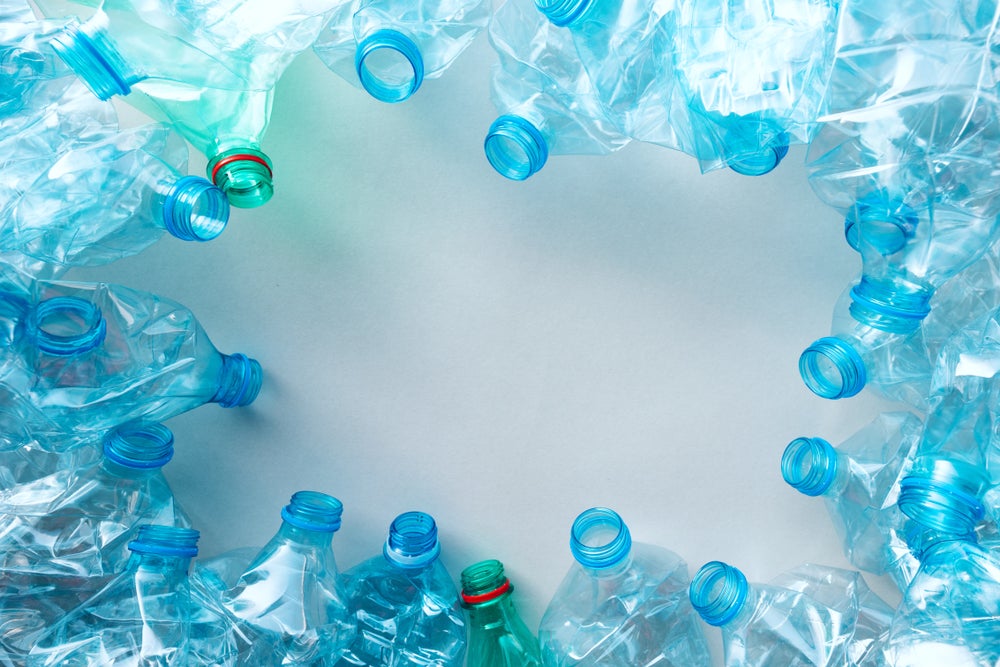
Over the past 20 years, consumers have become accustomed to recycling plastic packaging. Bottles, tubs and trays are all routinely discarded in kerbside recycling. Yet for years plastic films have been labelled “do not recycle”.
While these films have been a key part of plastic reduction through light-weighting, they cannot easily or economically be recycled into anything approaching the performance of virgin plastics.
Meanwhile, in part due to their low weight and high surface area, they are prone to heavy soiling and contamination i.e. with food materials. This kind of soiled film is essentially impossible to recycle since the attached organic matter ruins the recycling output.
The charity RECOUP, which monitors waste management across the UK and advises government on policy, says only 7% of these films were collected for recycling in 2022.
In recent years, films are increasingly labelled “recycled at large supermarkets”, who are busily collecting the film up in an attempt to convince people it is a sustainable material and avoid the dreaded ‘unrecyclable’ label on product packaging.
But how widely have consumers adopted this behaviour? And should we expect these new collection schemes to significantly increase film recycling?

US Tariffs are shifting - will you react or anticipate?
Don’t let policy changes catch you off guard. Stay proactive with real-time data and expert analysis.
By GlobalDataIssues with chemical recycling
The primary result of this change is a pressure to grow the chemical recycling industry. That might be a good move in terms of making more plastic waste ‘disappear’ (rather than litter the natural environment) but the snag is such processes are highly carbon intensive and capital intensive to deploy.
Research by Zero Waste Europe shows that chemical recycling techniques such as pyrolysis are nine times as polluting as mechanical recycling. Their findings make the government’s recent decision to consult on altering the Plastic Packaging Tax – to enable plastics producers to exempt themselves from the tax by using chemically recycled content – highly questionable.
For those involved in bioplastics, this is plainly very frustrating since replacing traditional plastic packaging with ‘compostables’ seems the obvious alternative.
The packaging industry’s outlook on recycling
The industry has to grasp the problems these come with too. Compostable plastic is still plastic, after all, and much still comes from fossil fuel feedstocks. Under the recognised standard, BS13432, materials can take up to 12 weeks to break down – even in industrial composting conditions – and much longer should someone try to compost them at home.
Defra (for better or worse) has set its face against these materials and is doing little to encourage local authorities to collect and compost them alongside food waste, which is the proper way to deal with them. This is a missed opportunity for them, but the die appears to be cast.
In that light, those who use compostable plastics today should be looking at alternatives which fulfil the functions of those materials but which are classified as ‘non-plastic’ materials. Genuine replacement materials – natural polymers – are at hand.
Alternative materials for replacing plastic packaging
Xampla’s technology is based on plant proteins and other sustainable plant feedstocks, and the material – unlike the traditional compostables in the market – is not chemically ‘cross-linked’ in any way, meaning it can break down just like plants from which it is made. At the end-of-life, our edible film material behaves like food not plastic. And that’s because it isn’t plastic at all – it is something entirely different.
Rather than spending time and money on expanding carbon intensive recycling schemes, or battling with Defra over its views on compostables, what’s needed is regulation to speed up the wholesale replacement of plastics with alternative materials.
Plastic is yesterday’s technology – neither composting it nor recycling it makes it truly sustainable. But natural materials can fulfil many of its functions. UK scientists and spinouts are leading the way in bringing those materials to market, and the industry leaders of tomorrow are those who choose to get ahead of the curve by adopting them today.
Stanley Mitchell is head of business development at Cambridge-based Xampla, a company that focuses on drop-in high-performance natural materials.



